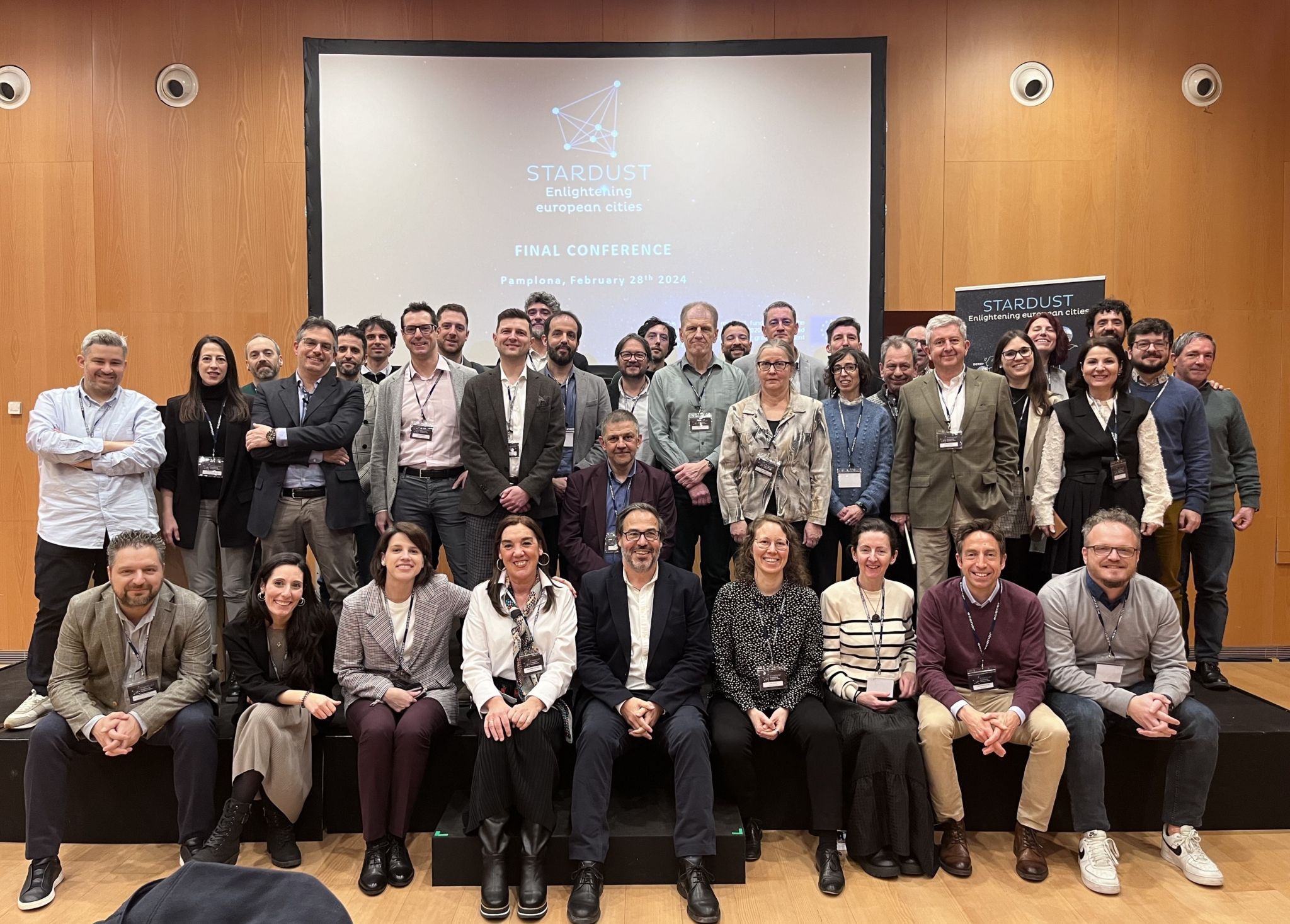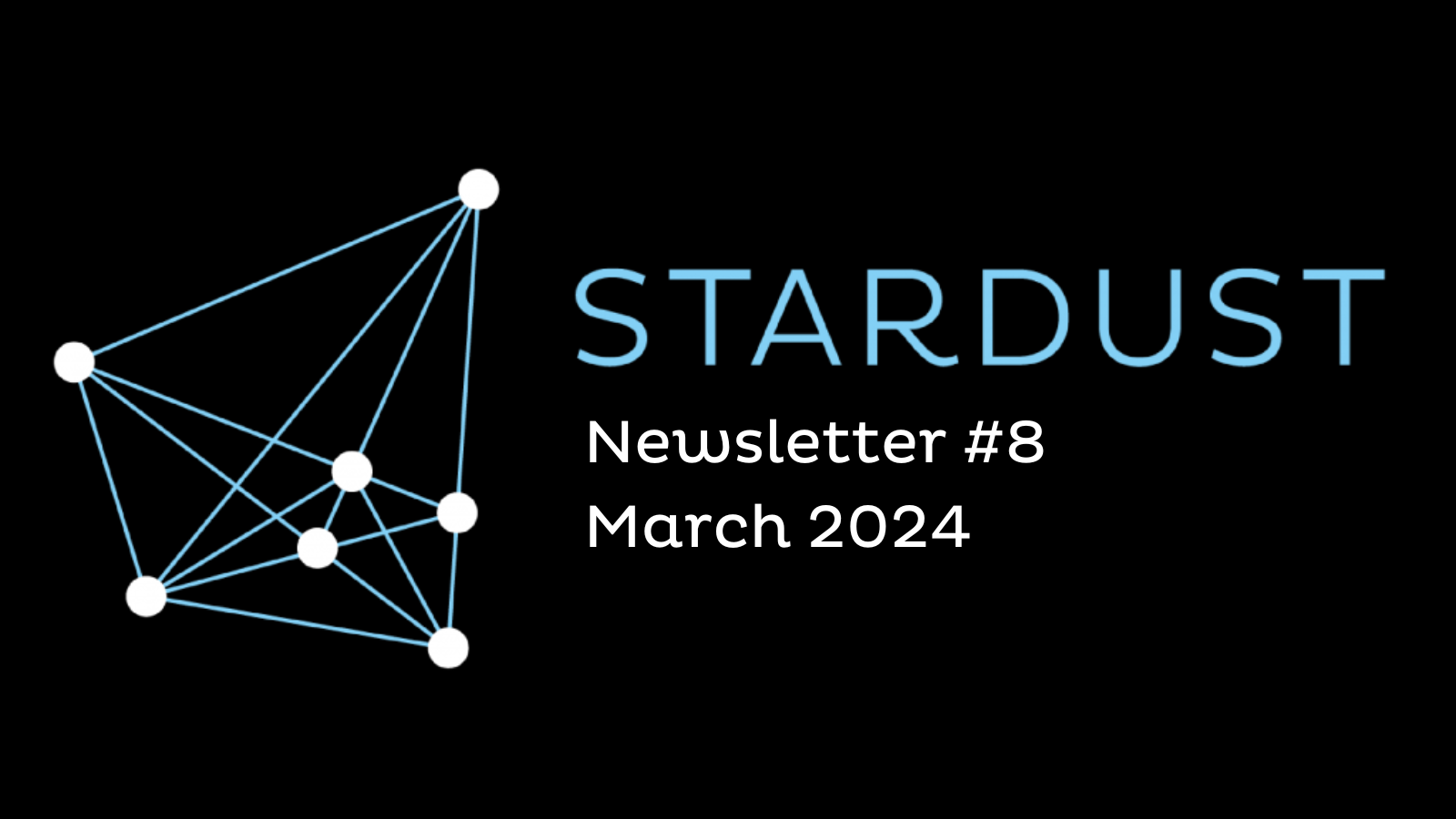Nine other cities across Europe also received the label which acknowledges their endeavours to engage with local stakeholders, both private and public, and with residents themselves through Climate City Contracts.
Climate-neutral by 2030
These ten cities already form part of select group of 112 cities for the EU Mission for 100 climate-neutral and smart cities by 2030. This initiative provides ‘tailor-made advice and support from the Mission Platform to reach climate neutrality by 2030 and inspire other citis to follow suit by 2050,‘ according to the website of NetZeroCities, which manages the platform.
Cluj-Napoca has been pioneering various measures as part of the Smart Cities STARDUST project and it submitted its Climate City Contract in April this year for review by the European Commission.
Adrian Răulea, programme manager at Cluj Metropolitan Area, stated: ‘The Climate City Contract that the EU has endorsed via this label is a big responsibility for us because all eyes are on us now in Romania. We now have a good plan and we must apply it. By the end of this decade, we would be happy to be among the frontrunners in this mission. Still, this is only the beginning of a long process, and we know that a good start must be followed by a fast-paced race.’
Follower city to examplary city
As part of the STARDUST project, Cluj-Napoca is a ‘follower city’ – one that builds on experience of partner cities, known as ‘lighthouse’ cities, in terms of the energy transition. The aim is for follower cities to replicate and adapt the smart city measures developed and applied in the lighthouse cities.
The insights and lessons from STARDUST have been decisive in enabling Cluj-Napoca to put together its Climate City Contract: The label is the result of a collective work undertaken by the local administrative ecosystem, in which we play a significant part, says Adrian Răulea. ‘Being able to constantly exchange ideas with the partners of the STARDUST project means we are connected to state-of-the-art developments. After we filter them, to suit the local needs and realities, we put them forward to the administrative ecosystem: city hall, county council, decentralised institutions of the government, academia, private partners, NGOs, professional clusters.’
One such measure adopted by Cluj-Napoca was based on the experience of lighthouse city Pamplona, Spain. It involved improving the design of a future net-zero block of flats in Cluj-Napoca’s most densly populated district. The solution put forward was to reuse old batteries from electric cars as an energy storage facility – something Pamplona had presented during a STARDUST study visit.
According to Adrian Răulea, this measure may well be refined and rolled out on a larger scale in Romania. In this respect, the EU label awarded to Cluj-Napoca will help win over public and private stakeholders and thus accelerate the city’s path to climate-neutrality.
Photo credit: Paul Cosmin on Pixabay


